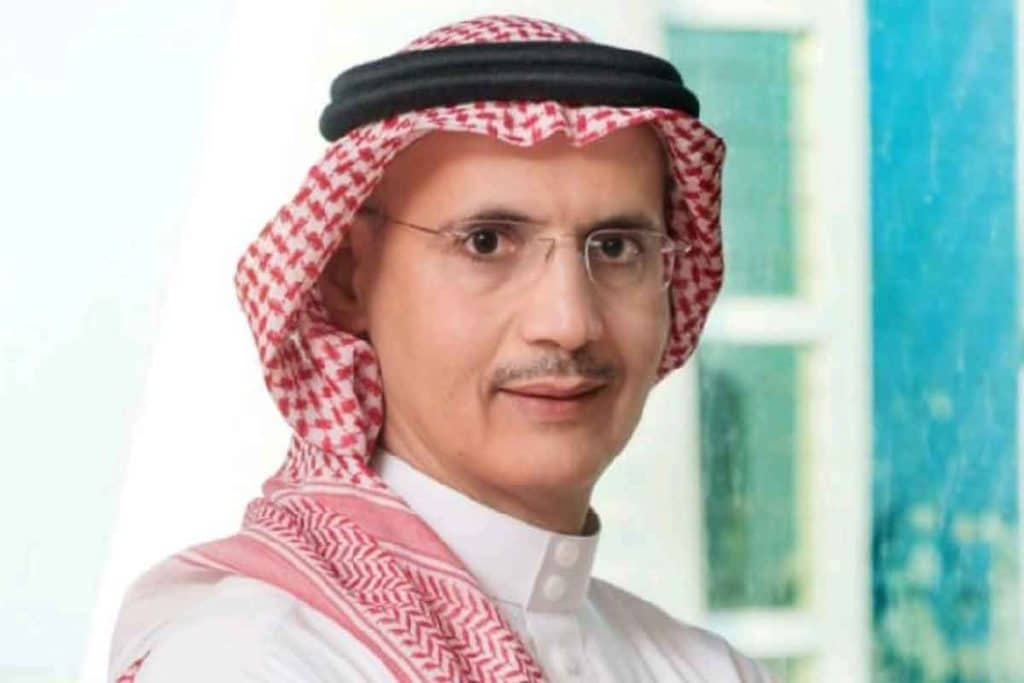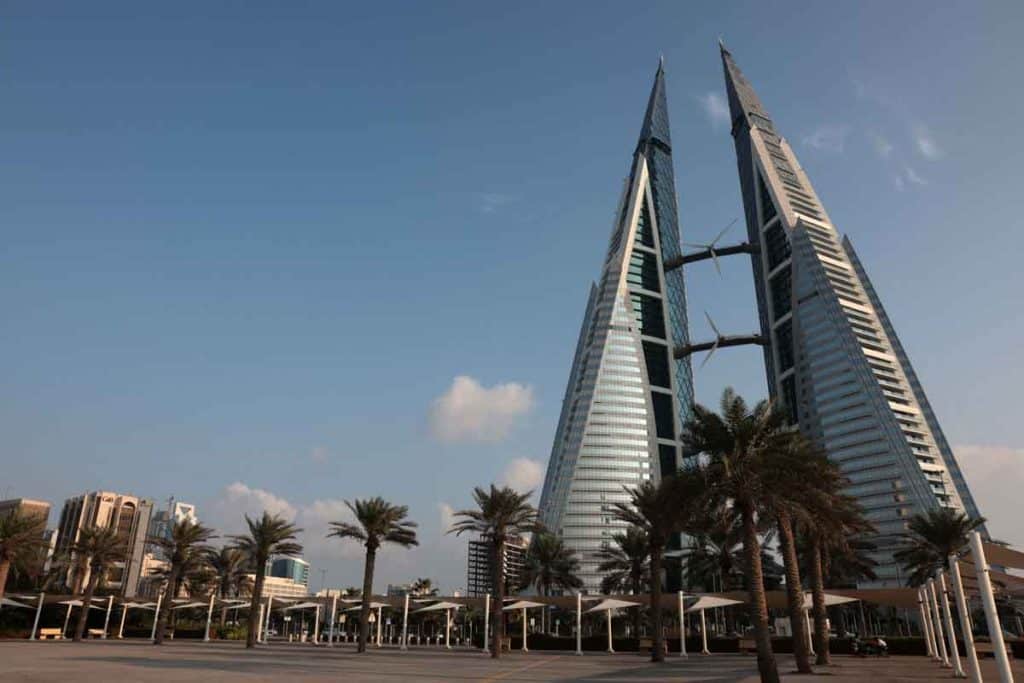Abdulmohsin Al Omran, Founder and Chief Executive Officer of The Family Office, discussed the importance of investing in local talent, the significance of family offices in the region, and the role of transparency in wealth management in an exclusive interview with Arabian Business he said, “For any country that wants to grow, you have to invest in the local talent. Local talent will not transfer money outside, they will be a multiplier.”
Al Omran began by highlighting the importance of hiring and nurturing local talent. He stressed that for any country’s growth, investment in local talent is crucial. The multiplier effect of retaining talent within the country rather than sending money abroad is a powerful driver of economic growth.
Government support for local talent
Praising the ecosystem in Bahrain, where the government has supported businesses by covering up to 70 percent of salary differences in hiring local talent, “What kind of private citizen can ask for more?” he asserted.
“We [Bahrain] have a great young population, well educated, the government is paying you 50 percent on average for the first three years,” he said highlighting the initiatives that the government have in place to encourage local talent.

However, he believes that the “biggest problem” is if “you [young population] do not know what to do and you do not have the mentoring and if we do not have the systems to motivate and encourage them, there will be an issue.”
Furthermore, Al Omran suggested that the government should consider introducing new policies, including taxation, to encourage investment in local youth. Such policies, he believes, would ensure a holistic approach to sustainable economic growth.
“It’s not just about what works for me as a businessman, but what works for my country. If I care about my country, this is where I am making the money, then I have to invest of course,” he sternly said.
The Family Office, founded by Al Omran, plays a role in the region’s wealth management. Managing a substantial amount of wealth, he highlighted that historically, businesspeople relied on external experts for wealth management. However, the advent of family offices has provided a solution to manage and guide local wealth more effectively.
He pointed out that the region has $700 billion of assets, and The Family Office has built a team to offer a tailored, digital wealth management solution that understands the needs and preferences of its clients. This allows investors to access global investment opportunities while maintaining full control.
“Historically, the business people were relying on external people. Today they have the family office that can help them and guide them to manage this,” he explained.

The core values of The Family Office, according to Al Omran, revolve around transparency. He stressed that transparency is essential to build trust with clients, as hidden fees and obscured pricing have been issues in financial services.
Discussing Bahrain’s role as a testbed for innovative fintech solutions, Al Omran believes that the country’s openness to innovation will continue to grow, he anticipates accelerated innovation.
Al Omran stated that clients are encouraged to invest for the long term rather than engage in speculative, short-term trading, he firmly said, “We believe at the family office we are in the business of stay rich, we are not in the business of get rich.”
“A lot of investors try to speculate, try to gamble with their money,” but he strongly believes that long-term, compounding investments are more beneficial to clients and ultimately provide better returns, “history has proved that the best way is through diversification.”
Speaking about a common method in the financial landscape – trading, Al Omran said “We want to invest in the long term, not go in and out.” He termed trading projects as “gimmick things” explaining that they end up benefiting the financial institution rather than the client themselves.

When asked about the future of the digital fintech landscape in Bahrain, Al Omran highlighted the need for a correction in valuations, emphasising that the market should not solely focus on high valuations and that “the problem in fintech is that people have gotten used to extremely high valuations … with many businesses losing money and burning cash day in and day out.”
Regarding traditional banks and digital banks, Al Omran expressed his belief that digital banks are not necessarily a challenge to traditional banks but rather a channel. He believes that a few digital banks may emerge as winners, but the majority will need to adapt to the evolving financial landscape.
“We [digital banks] could challenge some of the local banks but not totally, you can have one or two that will be a winner but the majority will not cut it,” he said.
In conclusion, Al Omran said that digital banks are “going to face a big challenge.”








